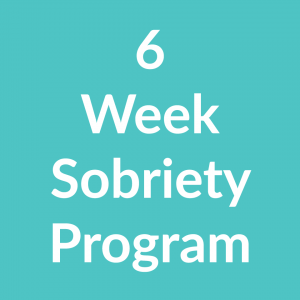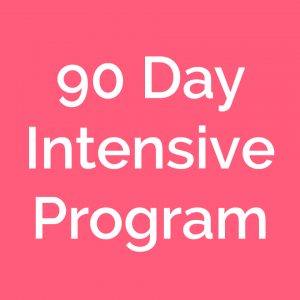The Power of Goals to Motivate
“Goal setting—proper goal setting—is the smartest thing you can do to battle procrastination. Though every other technique discussed so far has its place, goal setting alone may be all you need. Along with making your goals challenging and meaningful, follow these remaining steps. Regardless of what other books say, this is what’s proven to maximise your motivation.
- Frame your goals in specific terms so that you know precisely when you have to achieve them. What exactly do you have to do? And when do you have to do it by?
- Break down long-term goals into a series of short-term objectives. For particularly daunting tasks, begin with a mini-goal to break the motivational surface tension. For example, a goal of tackling just the first few pages of any required reading can often be enough to get you to finish the entire text.
- Organise your goals into routines that occur regularly at the same time and place. Predictability is your pal, so open your schedule and pencil in recurring tasks. Better yet, use an indelible pen.”
—Piers Steel from The Procrastination Equation
Your Success Planner – Buy a Journal and Productivity Planner, there are few good ones in market, I personally use the wonderful Best Self Journal!
Goals & Mindset
“In one study, uni students were given a twenty-minute ‘beyond-the-self’ mindset intervention that included this exercise:
Take a moment to think about what kind of person you want to be in the future. Also think about what kind of positive impact you want to have on the people around you or society in general. . . . In the space below, write a few sentences that answer this question: How will learning in school help you be the kind of person you want to be, or help you make the kind of impact you want on the people around you or society in general?
Students were then given a series of both boring and difficult math problems. The students who had completed the beyond-the-self reflection persisted longer and ended up finishing more problems correctly. The same brief mindset intervention in high school students not only boosted short-term motivation, but also led to higher end-of-the-semester results. What the study found is that when students thought about their bigger-than-self goals, it changed the meaning of both boring work and academic struggles. The new meaning—that persevering at their studies would help them make a difference in the world—motivated them to engage with, rather than avoid, the stress of challenging themselves.”
—Kelly McGonigal from The Upside of Stress
What Do You Want?
Before you can use the power of goals, you need to know what you want. This is often harder than you think. From a simplistic perspective your new goals will lead to new habits. Specifically new positive habits that ideally are in some ways replacing old self-defeating habits, such as excessive drinking.
A good starting point can be answering these questions:
“What don’t I want in my life any more?”
“What do I do on a regular basis that keeps me from getting what I want or being the person I want to be?”
“Do I have things I do automatically on a regular basis that are not serving me?”
However, you focusing on what you DON’T WANT is a guaranteed way to create more of that in your life, so do this initially to determine what it is you want, or to gain clarity & confidence that your goals are in line with what you really want.
SMART GOALS!!
Zig Ziglar, a US motivational speakers, says, “What you get by achieving your goals is not as important as what you become by achieving your goals.” As you move toward achieving your goals, you become the person you were meant to be—a healthy, vibrant, passionate, successful person who doesn’t need alcohol to get through the day or the weekend. You become a person who is a great role model to peers, friends, family, and coworkers. A person who no longer needs to drink to fit in, have fun, or feel successful.
Specific – Who, what, and where. Be as specific as possible.
Measurable – The criteria for measuring should be clear to you and others.
Attainable – The goal should stretch you while still being attainable.
Realistic – You should be willing and able to achieve the goal. It needs to be believable.
Time-bound – The goal should be bound to a specific time frame. By what specific date and time will you achieve it?
In short, you have to specifically state how much and by when in a way that an outside observer could verify that you have achieved it. Good luck, this really works!
Ph: Rachel 02 9016 2839 (24/7 support)
Email: info@Rachelhind.com
Facebook: www.facebook.com/rachelhindbeyourbestself/
Website: www.rachelhind.com




